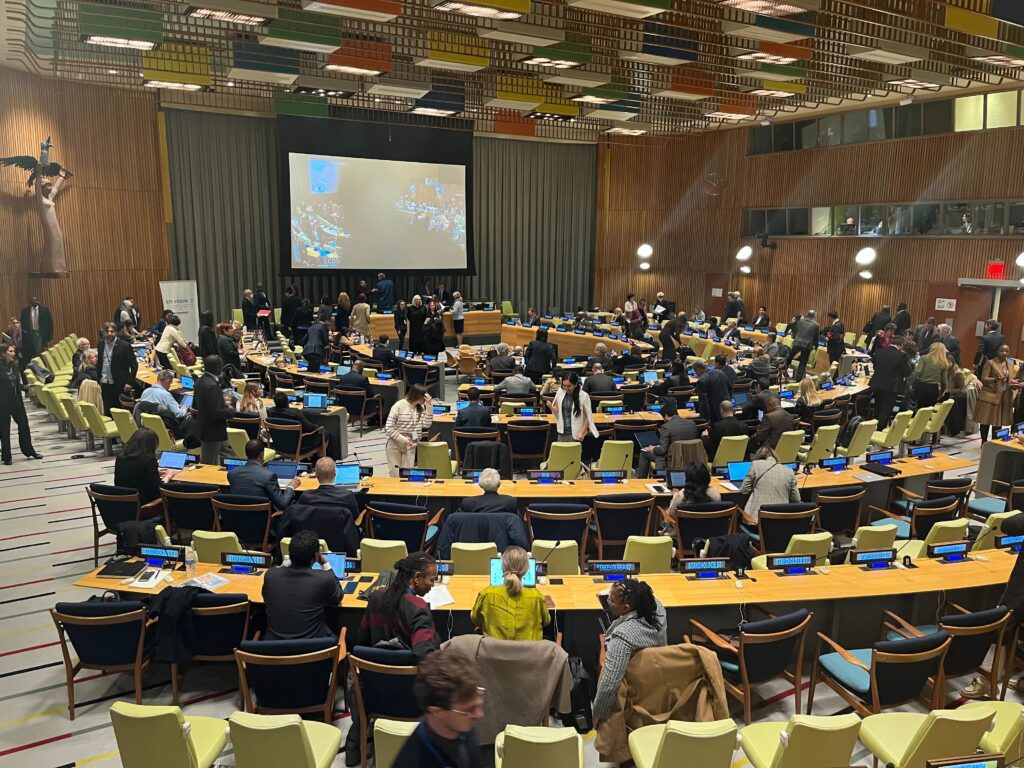The importance of scientifical approach to radioactive water

It is often seen that “science” is sometimes demanded on diplomatic occasions. The most common example of this is the release of radioactive water from the Fukushima Daiichi nuclear power station.
In terms of the disputes over releasing the water, it has been reported the confrontation between the Japanese government and its surroundings, which the former has claimed it meets the criteria of IAEA, whereas the latter claims the possibility of spread of contamination to the ocean even if it was released diluted. As seen in such diplomatic confrontation, the role of “science” is now demanded.
At the “Briefing of the General Assembly on Science-based Evidence in Support of Sustainable Solutions” held in the UN headquarters in New York in February, the importance of the scientific approach in diplomacy for achieving SDGs in the future was taught by the 77th President of the UN General Assembly Kőrösi Csaba with the agreements by the US, UK and China.
On the other hand, it is not just about taking up “science” for diplomatic discussion, but it is pointed out that the three elements below are needed to function the “science” in diplomacy. (reference)
- Political neutrality
- Transparency
- Acceptability
At first, it can’t be acquired by the understanding of other countries if political neutrality is not secured when applying a scientific approach. In addition, transparency is relatedly important to acquire a comprehensive agreement when losing the data reliance as the country providing “science” is biased. Ironically, neutrality and transparency were pointed out by the Russian delegation, there was a moment of political indication in the restoration of its standpoint in the UN. Also, even if neutrality and transparency are secured, the “science” still needs to be understood by other countries. Especially, at the briefing at the UN headquarters in February, the African countries emphasised the gap of understanding between the countries without opportunity for “science” and developed countries.

The problems surrounding Japan are various from the whaling problems to the release of radioactive water. If Japan alone continues to assert the legitimacy of each side, the gap between the two will only deepen, so a scientific approach will become increasingly important in the future.


